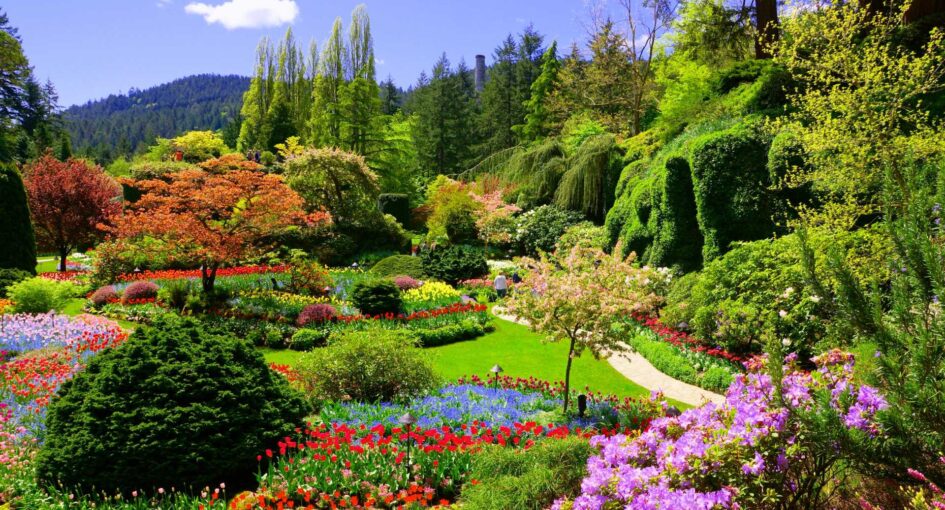
When discussing the right ways to utilize botanical gardens marketing budget, it is important to include a paid search strategy. Driven by intent, paid search allows your ads to appear in front of the people who are actively searching for what you offer in the moment. It’s one of the best ways to get a positive return on ad spend. From Google Grants, campaign assets, and the right paid search strategies, you can improve attendance at your botanical garden.
Google Grants
If your botanical garden is non-profit, a great paid search secret is Google Grants. Google Grants allows non-profits to spend up to $10,000 a month on Google Ads at no cost to the business. That’s $120,000 a year in free advertising money. But there is a catch – Google prioritizes paid ads over Google Grant ads. That’s why it’s important to have a paid Google Ads account running in tandem with your Google Grant account.
Basic Campaign Development
Whether you qualify for a Google Grants account or not, paid search for botanical gardens starts with basic campaign development. This includes budget, targeting, keywords, and ad copy. Strategically planning your campaign before launch will help save you time and can improve your campaign’s success.
If you have a small paid search budget, settling on the cost first can help guide the campaign development. If you have a more flexible budget, targeting and keyword research can help you determine how much to spend. With a small budget, it’s important to focus on priorities, such as general admission sales. With a larger budget, you can broaden your reach and try ads for annual memberships, weddings, and school trips. Nonprofits can use their Google Grants account for non-priorities to get extra coverage.
An important part of campaign development is determining targeting settings. This includes location, age, and gender. How old are visitors to your botanical garden? Are you looking to attract the same people, or new people? How far is someone willing to drive to visit a botanical garden? These are questions that you or your paid search agency need to know the answers to when planning your campaign.
The next step to campaign development is keyword research. With tourist attractions, bidding on keywords like “things to do in CITY” can help bring in visitors who otherwise wouldn’t have thought to visit a botanical garden. It’s also important to think about how visitors might search for botanical gardens. Some might call it a botanic park while others might call it a public flower garden.
After finishing your keyword research, it’s time to write the ads. Engaging ad copy is key to getting users to click on your ad to learn more. Identifying what makes your botanical garden unique can help guide you in writing creative ad copy that stands out from other ads or organic listings. It’s also important to use keywords in your ad copy, as it will help improve your ad rank, allowing your ads to show more often.
Assets
Some paid search strategies that are often overlooked are images, sitelinks, and callouts. These are all assets that can help improve ad rank, increase on page ad real estate, and make your ad more enticing to users. In botanical garden marketing, images are extra important. Image assets often appear next to the search ad, and for a botanical garden, it can easily highlight what you have to offer.
Sitelinks are great at increasing your ad’s “on page real estate” – your ad takes up more space making it harder to scroll pass without seeing. Sitelinks can lead users to other areas of your website other than just the landing page. For botanical gardens, sitelinks might bring users to an About Us, Image Gallery, or Contact Us page.
Callouts are assets that appear after your description in the ad. These are used to “callout” specific highlights of your business. Examples for a botanical garden include “Open 7 Days a Week”, “Children Under 5 Free”, or “Exotic Flowers & Trees”.
Paid Search Agencies
Whether your botanical garden is a non-profit who can use Google Grants or not, the same paid search strategies apply. Paid search management is more than just campaign development. It’s time that needs to be dedicated daily to review account performance, search term reports, and auction insights. Google is always changing and having a paid search agency who understands paid search for botanical gardens can make the paid search process run smoothly and generate results.
To learn more about how Mascola Group can help you and your team develop successful marketing strategies and paid search programs for your botanical garden, contact us today.